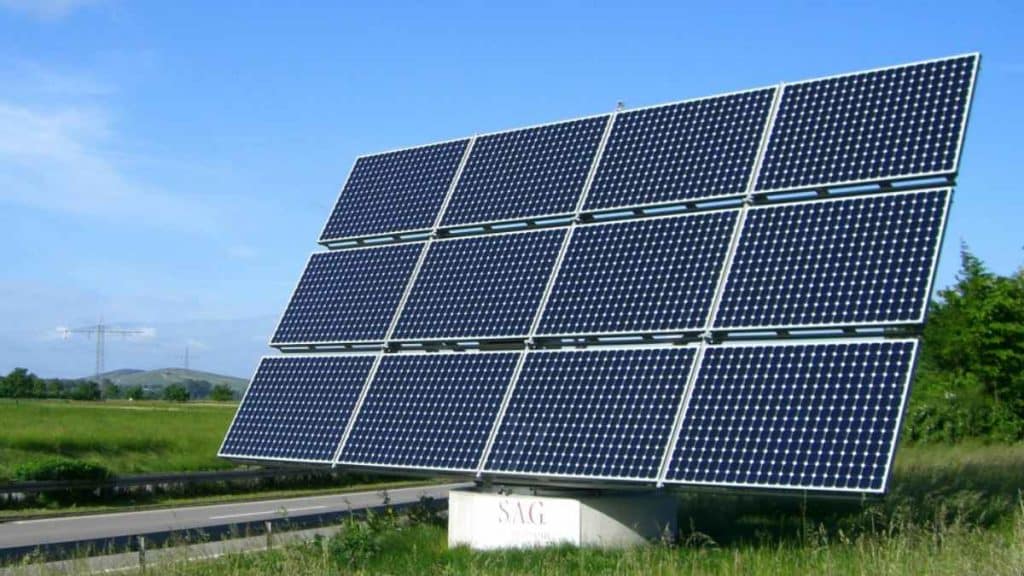Solar power has emerged as one of the most promising renewable energy sources, revolutionising the way we generate electricity and contributing significantly to saving the environment. Harnessing energy from the sun, solar power has numerous environmental benefits that make it a sustainable and clean alternative to fossil fuels. In this guide, we will explore how solar power is helping to save the environment, from reducing greenhouse gas emissions to minimising water consumption and protecting natural resources.
1. Reduces Greenhouse Gas Emissions
One of the key environmental advantages of solar power lies in its ability to reduce greenhouse gas emissions. Unlike traditional energy sources such as coal and natural gas, solar power generates electricity without burning fossil fuels, which are major contributors to climate change, whether in the form of commercial solar panels or residential options. By replacing fossil fuel-based energy generation with solar power, we can significantly reduce the amount of carbon dioxide and other harmful pollutants released into the atmosphere. This not only helps combat global warming but also improves air quality and mitigates the risks associated with respiratory diseases.
2. Conserves Water Resources
In addition to curbing greenhouse gas emissions, solar power also helps conserve water resources. Conventional power plants, particularly those fueled by coal, require vast amounts of water for cooling purposes. This water consumption puts pressure on already scarce water supplies, especially in regions prone to drought. Solar power, on the other hand, has minimal water requirements for operation. Once the solar panels are installed, they require very little water for maintenance, making it a water-efficient energy source. By reducing water consumption in the energy sector, solar power helps alleviate water stress and ensures the availability of this vital resource for other needs, such as agriculture and drinking water.
3. Preserves Natural Resources
Solar power also plays a crucial role in preserving natural resources. Traditional energy sources involve extracting finite resources from the earth, such as coal and natural gas, which not only deplete these resources but also cause significant environmental damage during extraction. Solar power, being a renewable energy source, utilises the abundant energy provided by the sun, which is available in almost unlimited quantities. By relying on solar energy, we reduce our dependence on fossil fuels and minimise the negative impacts associated with resource extraction, including habitat destruction, pollution, and land degradation. This enables us to safeguard ecosystems and preserve biodiversity, helping maintain the delicate balance of our planet’s natural systems.
4. Provides a Decentralised Energy Solution
Furthermore, solar power offers a decentralised energy solution, empowering individuals and communities to generate their own electricity. With solar panels installed on rooftops and in other suitable locations, households and businesses can produce clean energy on-site. This decentralisation of energy production reduces the need for extensive transmission and distribution networks, which are often associated with energy losses and environmental disruption. Additionally, solar power systems can be integrated into existing buildings and infrastructure, optimising land use and minimising the need for new construction. By promoting distributed generation, solar power contributes to a more resilient and sustainable energy infrastructure while reducing the strain on the environment caused by large-scale energy projects.
5. Helps Fight the Effects of Climate Change
Another critical environmental benefit of solar power is its potential to mitigate the adverse impacts of climate change. As the world faces the challenges posed by rising temperatures and extreme weather events, solar power offers a practical and adaptable solution. Solar energy systems can be deployed in various settings, from residential rooftops to large-scale solar farms, providing a versatile and scalable means of generating electricity. This flexibility enables communities to become more resilient in the face of climate-related disruptions, ensuring a stable and sustainable energy supply even during times of crisis. By harnessing solar power, we can reduce our vulnerability to climate change and build a more climate-resilient future.

